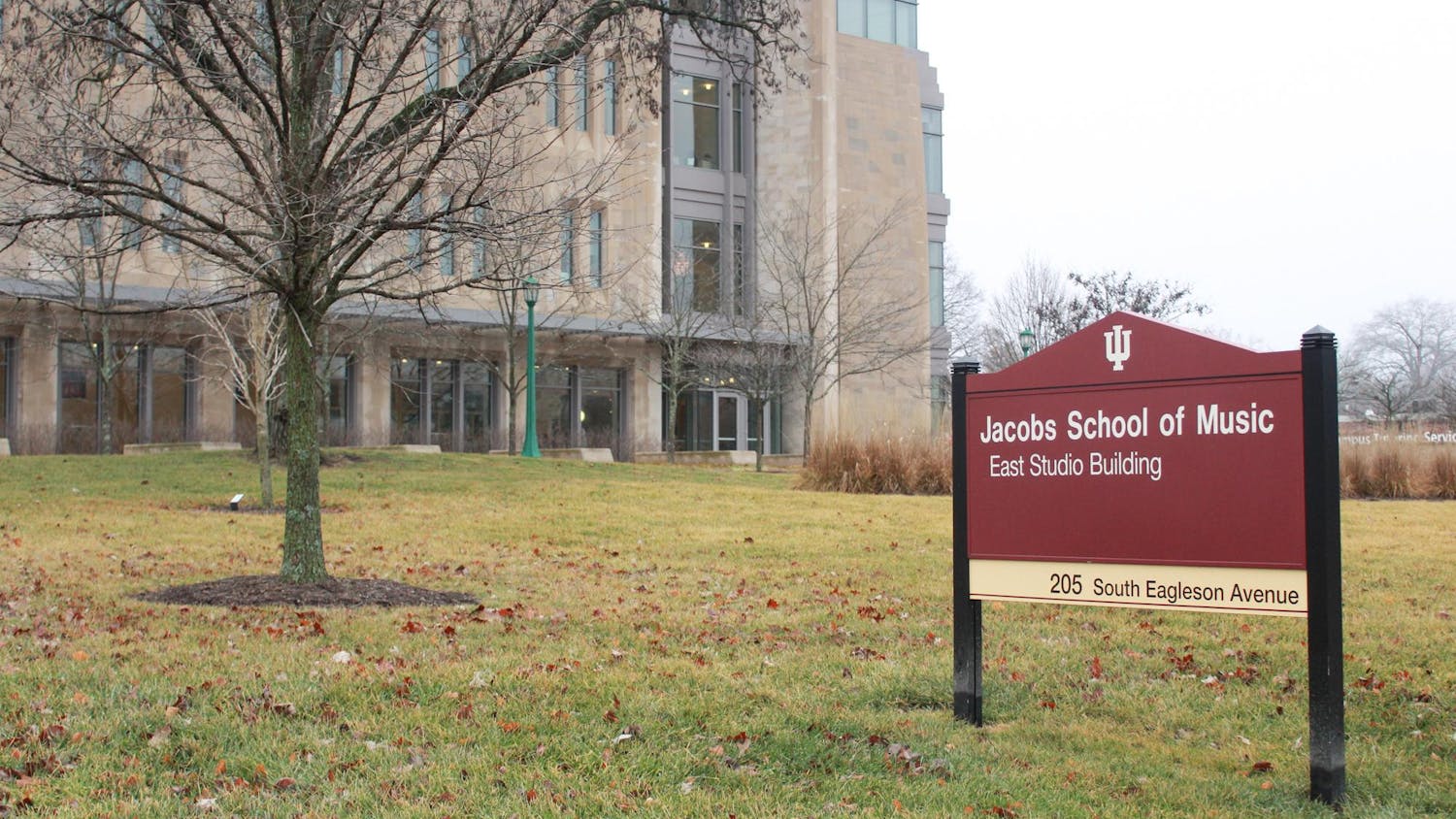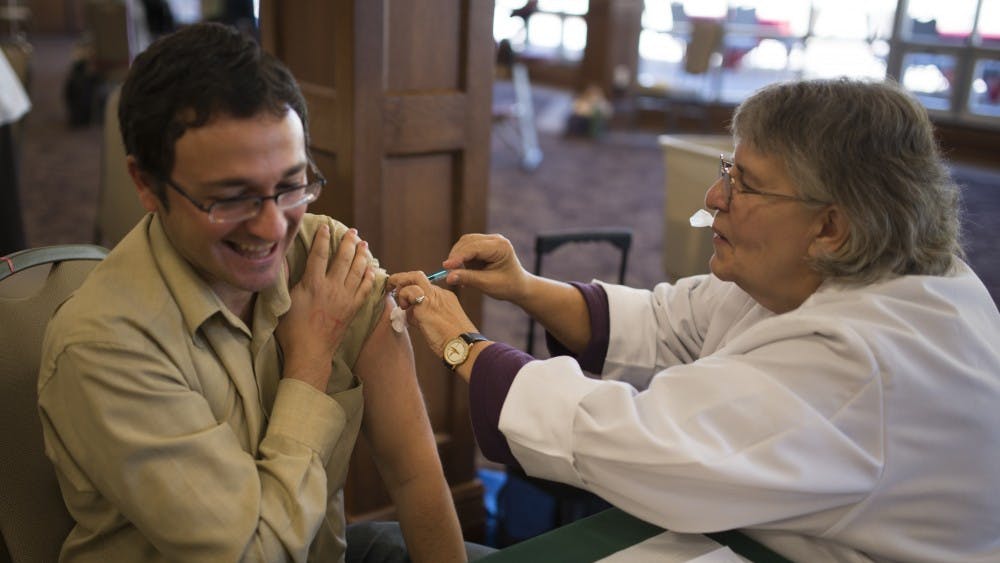One of the most common stressors for college students is, by nature, academic. School is a full-time job. Personal responsibilities that are required from students include attending class, reading assignments, preparing and taking tests, completing research papers and anything else professors might require.\nThe average student carries 15 hours of class and needs at least as many hours of preparation time.\nAcademic stress occurs for a variety of reasons, most of which come from a lack of preparation. Not attending class, not keeping up with reading, not studying for tests, not starting work with enough time to complete it, and not fulfilling class requirements all contribute to the problem. Other reasons include struggling with class materials, poor time-management skills, inadequate sleep and poor eating habits. \nMethods to reduce stress-induced anxiety are simple, but they're easier said than done. Attend all classes and keep up with all required readings on a daily and weekly basis. Start studying for tests and exams in advance, and don't cram during the last week. Work on research papers over time, having enough time to gather data and write more than one draft. Listen carefully to each instructor and ask questions to clarify assignments. When encountering difficulty with materials, request extra assistance from the teacher or through tutoring outside of class.\nTime management is extremely helpful. Breaking up your day into blocks of time meant for school work, socializing with friends, physical exercise and eating is key. When studying, take short breaks -- it helps. For every 40 minutes of studying, take a 10-minute break to relax and stretch your muscles, or just concentrate on breathing. You can surf the Web, watch TV or talk with a roommate.\nSleeping well the night before an exam is very important and helps your concentration level. The more rested and relaxed, the better you can function. Not getting enough sleep increases stress and contributes to poor performance.\nEating regular meals helps you think and focus more clearly. Breakfast (and I know that everyone has heard this, ad infinitum) is the most important meal of the day but is often the most neglected by students. It is also important to eat small quantities of food throughout the day, without binging or eating infrequently. \nThe most important method for reducing academic stress is to believe in your own abilities to accomplish the tasks at hand. You must keep an open mind and realize that proper planning, hard work and a "can-do" attitude will help keep you up to the challenge of collegiate academia. \nNothing reduces stress and anxiety more than confidence in your abilities. Positive thinking that comes from within is invaluable, and using the suggestions above won't hurt either.
A full-time job
Get stories like this in your inbox
Subscribe





